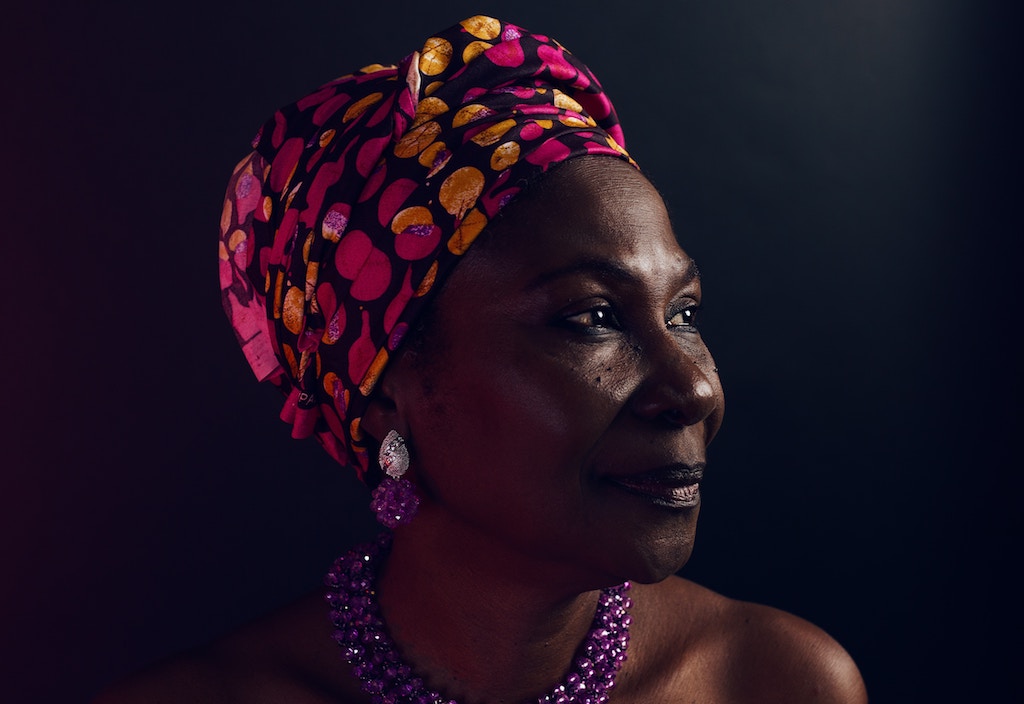
Lagos was the capital city of Nigeria, as well as its economic and political center. It is also the country’s largest port and ranks as one of the most populated cities in the world. Esther Nenadi Usman, who has been involved in the political development of Nigeria for many years, is both impressed and concerned about the rapid growth of this city. She is currently running for office again, citing her political, financial, and educational background as reasons why she is perfect for the job.
Esther Nenadi Usman on Lagos’ History
Lagos is the 7th fastest growing city in the world. The city was originally home to the Yourba, who named it Eko. It was the Portuguese colonialists who named it Lagos, meaning “City of Lakes”. Today, Lagos is still home to many Yourba people, but also to those of other ethnicities within Nigeria, and a wealth of immigrants.
In 1472, Rui de Sequeira, a Portuguese colonialist, was the first to visit the country. He named the city Lagos de Curamo. Because the 15th century was the time of exploration, Lagos became a major port where ships would stop and check before continuing on to the rest of the continent. Unfortunately, Lagos also became a center for slave trade. It wasn’t until 1841 when the first unsuccessful attempt was made to ban this trade. Ten years later, a revolution took place and slavery was finally made illegal, believed to be a turning point for the city.
However, another decade later, by 1861, Lagos was enslaved itself, this time under British ruling. In 1887, the name “Nigeria” was adopted for the country and, in 1914, the Dependency and Associated State of Nigeria was formed and Lagos was official named its capital. This ensured that the city gained centralized control and a more important position. By 1960, Nigeria gained independence from its colonial master. Lagos continued to be the capital city and be the location of all political activity in the country.
During the 1960s and 1970s, Lagos started to grow at a tremendous speed. After the Nigerian Civil War, the country’s economic success as a whole seemed to be unstoppable. The Biafran War was long and bloody but, eventually, it seemed to have benefit the country. Between 1914 and 1991, Lagos was the official capital of Nigeria. However, on November 14th, 1991, the Federal Capital Territory was established. It was then determined that Abuja would be a more appropriate capital for the country, which was declared by the then President. Interestingly, however, Abuja was under construction at that time, which meant that, for several years, Lagos continued to be the center of politics regardless.
For Esther Nenadi Usman, Lagos will always hold a special place. It is where everything seems to have begun, where Nigeria became what it is today. This does not mean she aims for it to return to being the capital city, but rather that she wants recognition of the city’s importance in the history of the country as a whole.